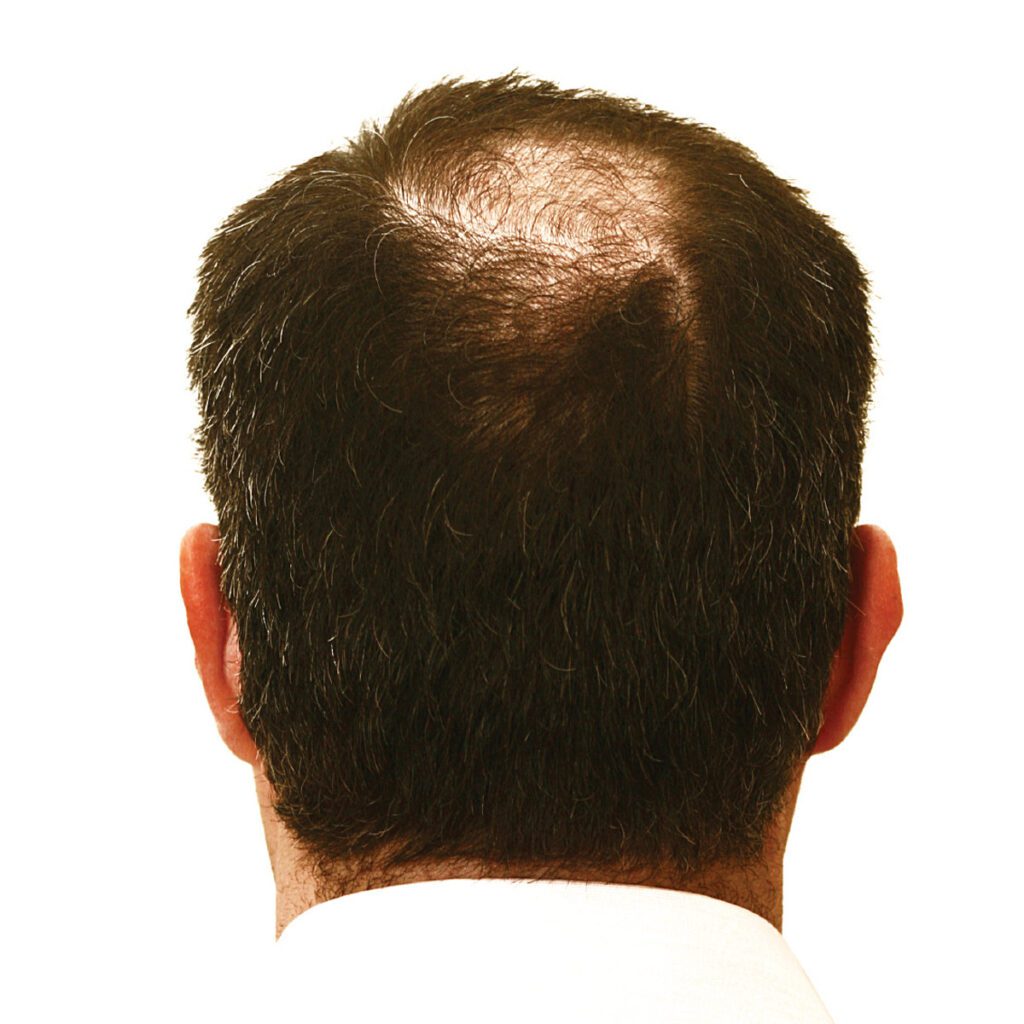For Her
De-Stress for Good Health
How Chilling Out Improves Well-being
Realizing your stressors and keeping psychological stress at bay can improve more than just your mental health – it helps your body in other ways, too. According to the National Cancer Institute, the body releases stress hormones when dealing with physical, emotional, or mental pressure. These hormones increase blood pressure, speed the heart rate, and raise blood sugar levels. Additionally, research shows that chronic stress can lead to digestive, fertility, and urinary problems, as well as a weakened immune system. Those with chronic stress are also more likely to have a viral infection (the flu and common cold), headaches, sleep trouble, depression, and anxiety. The solution? Find ways to cope with stress today – whether it be through exercise, meditation, counseling, or medications.
Source: National Cancer Institute

Planning for Pregnancy?
Start Getting Your Folic Acid
According to the Heart and Stroke Foundation, women of childbearing age should incorporate folic acid into their diet starting at least one month before getting pregnant. A type of B vitamin, folic acid helps prevent neural tube disorders, which are birth defects of the brain, spine, or spinal cord that occur in the first month of pregnancy (often before you even know you’re pregnant). Even if you’re not ready for pregnancy just yet, women should plan ahead by taking a daily multi-vitamin and mineral supplement that contains 400 mcg of folic acid. But don’t stop there! Eat a diet rich in folic acid by incorporating dark green veggies, beans and lentils, orange juice, and fortified grain products.
Source: Heart and Stroke Foundation
For Him
Stick to the Basics
Simple Skin Care for Men
For many men, a daily skin care regimen might consist of little more than patting on some aftershave. Unfortunately, it takes more than just that to keep your skin looking young and healthy for years to come. If you’re looking for something simple, here’s an easy, but effective daily skin care regimen you can aim for:
- Wash 2x. Aim to wash and thoroughly cleanse your face twice a day. If you work outside or have oily skin, you may also want to use a formulated toner or astringent to remove anything left behind.
- Drink up. As the largest organ on your body, your skin needs to stay hydrated. Drink plenty of water.
- Apply protection. Moisturize and apply sunscreen to your face daily, even if you have oily skin. Use a moisturizer with UVA protection to cut out extra steps.
Eat right. Balanced nutrition can help keep skin healthy and problem-free. Aim for a diet rich in healthy fats and antioxidants.
Source: Cleveland Clinic
Hairline Receding?
Make Sure It’s Not Something Serious
For men, receding hairlines are often a part of life. Whether it begins in your early 20s or late in your 50s, at some point or another, most men are faced with the reality of thinning hair. In the majority of instances, this natural process doesn’t signal a medical concern. However, there are some things to look out for when your hair starts to thin. You should see your doctor if you have any of the symptoms below, as they could indicate a serious medical issue.
- hair loss that begins after starting a new medication
- itching, skin irritation, redness, scaling, or pain that accompany hair loss
- hair loss that occurs in patches or an atypical pattern (classic male pattern baldness recedes to form an M-shape, then creates a U-shape as it becomes finer and thinner)
- widespread shedding or breakage
Source: MedlinePlus


For the Whole Family
Preventative Care
Taking Steps to Stay Healthy
- Screenings that will check your general health or zone in on the health of a certain body part
- Measurements of weight and blood pressure
- Immunizations to keep you from contracting threatening illnesses
- Advice on diet, exercise, stress, and other topics relevant to your health
- Specialized Tests for certain times in your life, such as pap tests for women and routine colonoscopies for both men and women


While everyone has different health care needs, it’s recommended that some adults schedule a preventative visit once a year. Make an appointment with your doctor to see what ways they can help keep your health and wellness in top shape.
Source: American Academy of Family Physicians
For the Kids
Tummy Troubles
What’s Really Behind Their Bellyache?
“My tummy hurts.” It’s a whimper you may have heard often if you have little ones. While it’s often hard to track down the cause of a bellyache, there are some common culprits:
- Food. Eating something that is too spicy, greasy, or old can cause abdominal pain, especially if they have sensitive stomachs.
- Stress. It’s not just mom and dad who feel stressed sometimes. Kids can experience stress and worry, too, which can cause a “nervous stomach” feeling.
- Constipation or Diarrhea. A common bellyache culprit, pain from constipation can happen when a child hasn’t recently had a bowel movement and when the stool is hard. With diarrhea may come nausea, which is a signal to stay near a toilet.
Could it be appendicitis?
Fever, vomiting, loss of appetite, and pain that starts near the belly button and moves to the lower right side of the abdomen are all signs of appendicitis. Call your doctor immediately if you suspect that your child is at risk. The earlier it’s caught, the easier it will be to treat.
Source: Nemours


Breathe Easy
If your child is one of the 7 million children in the U.S. with asthma, you’ve witnessed how miserable a flare-up can be. For these kids, it’s almost inevitable that coughing, wheezing, and tightness in the chest will happen from time to time, but steering clear of triggers can significantly curb the severity of an episode. Some common triggers, such as pollen from trees, grass, and weeds, can cause asthma to flare up during springtime. If your child experiences symptoms when exposed to springtime allergens, they likely have the specific type of asthma known as allergic asthma, according to the Mayo Clinic. The good news is that allergy and asthma symptoms can change over time, so treatments can be adjusted with your child’s pediatrician throughout the years. Knowing the signs that lead to symptoms is the first step to finding relief.
Source: Nemours, Mayo Clinic

